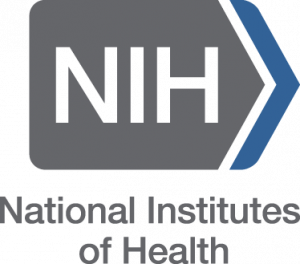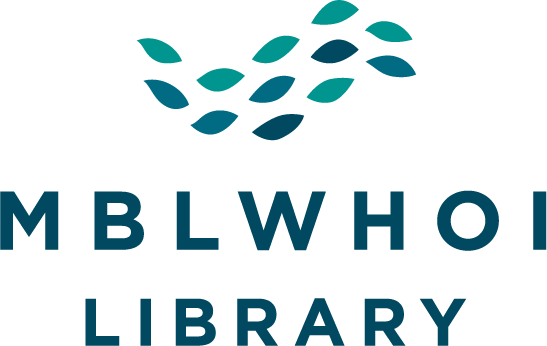NIH Seeking Feedback on Proposed Revisions to Genomic Data Sharing Policy

The National Institutes of Health (NIH) is seeking input on proposed updates to its Genomic Data Sharing (GDS) Policy through a Request for Information (RFI), NOT-OD-26-023. The GDS Policy governs how large-scale human genomic data generated from NIH-funded research are shared to promote reuse while protecting research participants. NIH is proposing updates to modernize the policy, clarify expectations, and better align it with current NIH data-sharing requirements.
Key areas of focus include streamlining genomic data submission timelines, reducing overlap with other NIH data policies, and clarifying consent and security considerations for human genomic data. NIH is particularly interested in feedback on how these proposed changes may affect research workflows, data management practices, repository use, and compliance burden. The goal is to enable efficient and responsible genomic data sharing that supports scientific discovery while maintaining strong participant protections.
Researchers, data stewards, and research support professionals are encouraged to review the full RFI and submit comments by March 18, 2026. Comments can be submitted electronically at https://osp.od.nih.gov/comment-form-draft-nih-controlled-access-data-policy-and-proposed-revisions-to-nih-genomic-data-sharing-policy/ and may address any aspect of the proposed GDS Policy updates, including practical challenges, anticipated benefits, or suggestions for improvement. The full RFI, submission instructions, and background information are available on the NIH Grants & Funding website under notice number NOT-OD-26-023.
By, Samantha Porter, Scholarly Communications Librarian
